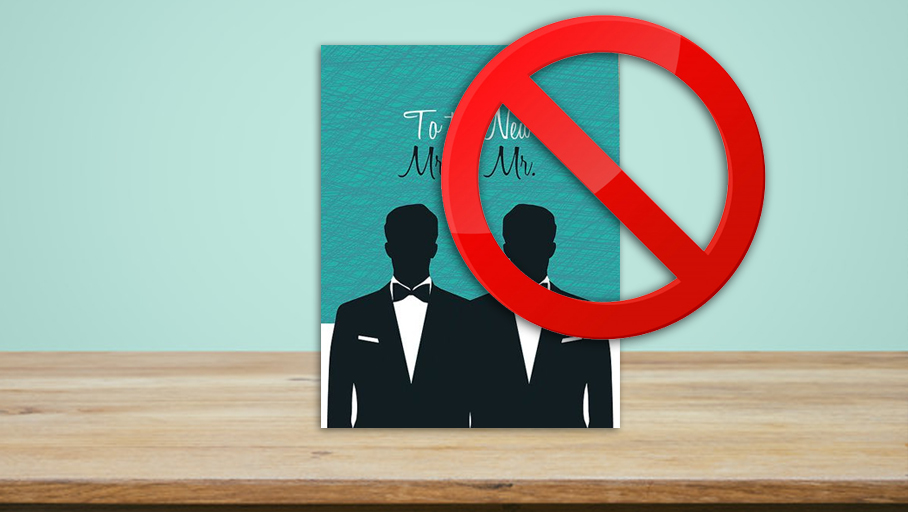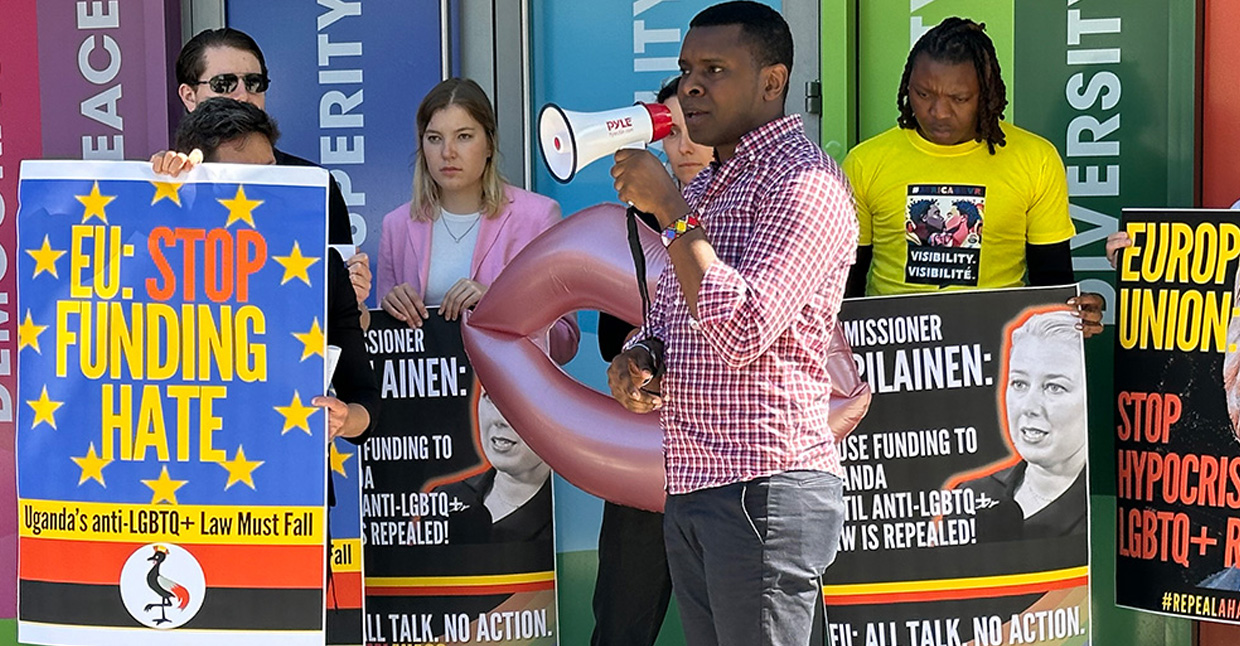The court stated the women’s beliefs may be “old-fashioned”, but “the guarantees of free speech and freedom of religion are not only for those who are deemed sufficiently enlightened, advanced, or progressive. They are for everyone."
Jonathan Scruggs, the lawyer representing the card makers, told CNN: "Through their custom artwork they seek to convey messages that are consistent with their beliefs and as the court explained today, this means that while they create artwork for all people they cannot create custom artwork to celebrate and promote messages they disagree with. What matters is the message, not the person.”
Vice President of the Democratic Party in Arizona, Brianna Westbrook, fears the ruling’s consequences. She believes it may open the door for more LGBT+ discrimination. "A business owner will now be able to post on their website or place a sign on their front door stating 'heterosexuals only',” she warned. The Human Rights Campaign called the ruling "a license to discriminate” on the base of religion. Ironically, religious people could be discriminated in similar fashion. It just has to be in line with someone’s beliefs.
Phoenix’ mayor expressed that the ruling only applies to the card makers. "We will continue to have a debate over equality in this community. We will not stop with our fight." Lawyer Scruggs however sees the ruling as a “win” for freedom. He defended the two women on behalf of the organisation Alliance Defending Freedom. This organisation made news headlines last week, by successfully fighting against a New York law that banned conversion therapy.















